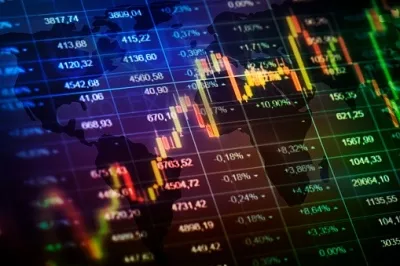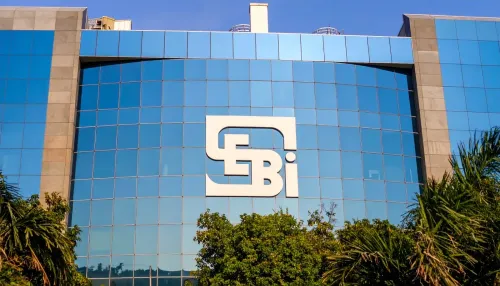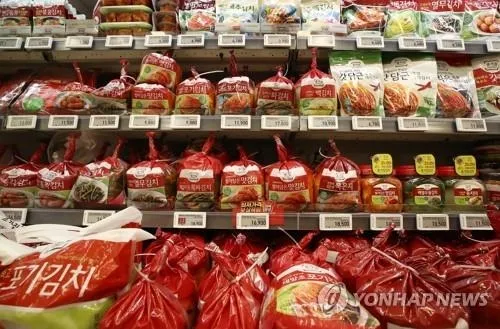What Caused IEX Shares to Plunge by 23%?

Synopsis
Key Takeaways
- IEX shares dropped by 23% following a regulatory announcement.
- Market coupling will centralize electricity pricing across exchanges.
- This could enhance efficiency but diminish IEX's market dominance.
- IEX has seen a 17.07% decline in shares over the past year.
- IEX is the largest power exchange in India, handling 85-98% of traded volume.
New Delhi, July 24 (NationPress) Shares of Indian Energy Exchange Ltd (IEX) plummeted by a staggering 23 percent from the previous day's closing price, leading to a 10 percent lower circuit lock on Thursday. This significant decline followed the announcement by the Central Electricity Regulatory Commission (CERC) regarding a phased implementation of market coupling across India's power exchanges. The market coupling initiative is set to commence with a three-month pilot phase.
Starting from a price of Rs 187 per share, IEX's stock dipped sharply to Rs 169.10 per share by 9:20 a.m., and the downward trend continued, resulting in a current share price of 144.66, which has now triggered the lower circuit.
Once the lower circuit is activated, further selling can only occur at that circuit price. However, substantial sell orders may remain unfilled, pending execution until the circuit thresholds are modified or reset in subsequent trading sessions.
Historically, IEX and other power exchanges have independently established electricity prices through price discovery methods. With the introduction of market coupling, all buying and selling bids from diverse exchanges will be aggregated, allowing for prices to be determined centrally rather than by individual exchanges.
This centralization could enhance efficiency and standardize electricity prices nationwide, but it may also diminish the pricing power and market dominance that IEX has previously enjoyed.
As IEX generates the majority of its revenue from substantial trading volumes in the Day-Ahead Market and Real-Time Market segments, the impact of market coupling could significantly influence its market position and profitability.
Over the past year, the stock has seen a drop of 17.07 percent and 19.73 percent year-to-date.
The Indian Energy Exchange (IEX) stands as India's premier and largest power exchange, operating a fully automated, nationwide platform for trading electricity and related instruments. Currently, IEX manages over 85-98 percent of the total traded volume.
aaron/na









